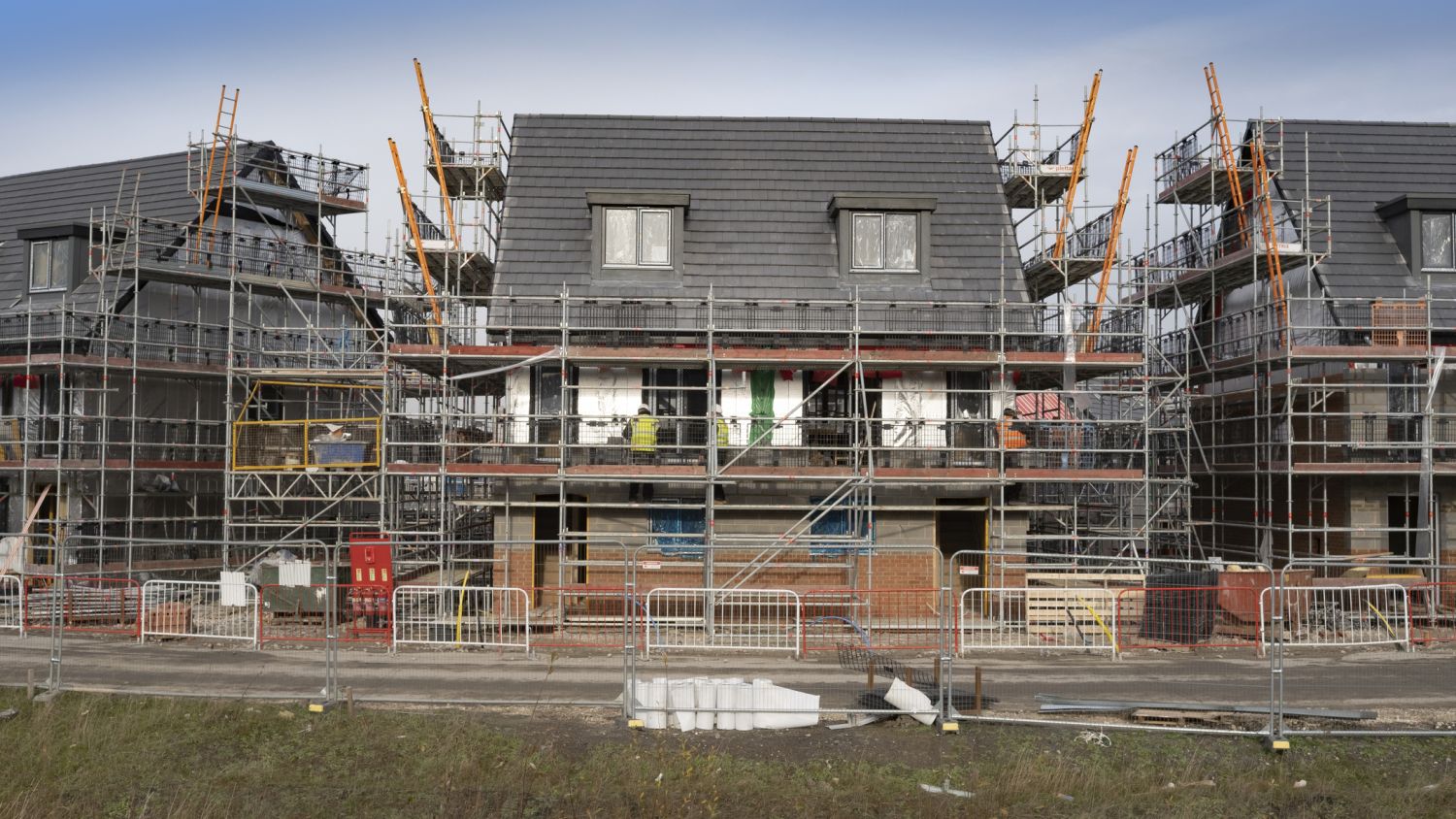
Unpredictable delays, rising costs and new levies could push SME home developers out of the market, according to a new report.
The report, Planning for Small Sites, has been published by the Home Builders Federation (HBF) and Quantum Development Finance, using analysis from planning and development consultancy Lichfields.
According to the findings, SME homebuilders are facing mounting barriers, which are stalling delivery on smaller sites and intensifying the UK’s housing shortage.
The report shows that in 2024, just 17,000 homes were approved on small sites of three to nine units, while the proportion of total planning permissions granted on sites of 150 units or fewer has also plummeted from nearly 20% in 2008 to 6-8% today.
Planning delays, rising costs and increasing regulatory complexity are making many smaller schemes unviable, according to the report.
In addition, 94% of applications have missed the statutory determination deadline. On average, it takes 30 weeks from application to committee decision and a further 21 weeks to secure formal permission.
Applications decided at committee take 53 weeks on average, 10 weeks longer than delegated decisions.
According to the report, 13% of sites took more than two years to secure permission, and five schemes took more than three years.
Section 106 agreements
One of the reasons for the timescale delays highlighted in the report is the time taken to finalise Section 106 agreements. A lack of standardisation in drafting agreements is thought to lead to protracted negotiations and legal delays, with 76% of local authorities reporting average negotiation timescales exceeding 12 months.
Furthermore, delays in responses from statutory consultees are highlighted as a contributing factor to the protracted process.
The December 2023 increase in planning fees on local planning authorities’ (LPAs) resources and their capacity to determine applications in a timely manner is also impacting SMEs, according to the report.
Previous research from HBF found that 80% of LPAs operate below full staffing capacity. However, the new report shows that, following the fee increase, 87% of councils used additional income to support planning functions, yet 24% still say fees are insufficient to cover costs.
Neil Jefferson, chief executive of HBF, said: “SME homebuilders play an invaluable role in delivering homes for the UK, helping to train the workforce and boosting local economies.
“With a large proportion of the homes that SMEs build falling within the small site category, the findings from this report show that as a group they are in real danger of not just being unable to deliver homes but being unable to stay in business.”
More support needed
HBF has welcomed recent policy measures announced by the government to support SMEs, including introducing a medium site category and exempting developments of 49 or fewer homes from the Building Safety Levy.
However, the federation is calling for additional support, particularly around speeding up the planning process.
HBF is urging the government to ensure that LPAs are sufficiently staffed and resourced by increasing the number of planners. It is calling for the introduction of common adoptable standards for infrastructure and mandatory adoption within agreed timeframes, and a standard template for Section 106 agreements.
HBF is also pushing for the forthcoming changes to planning fees to provide certainty on the national default fee level; a definition of what constitutes a cost recovery basis; clarification on how government will support LPAs facing a drop in applications; and how LPAs’ performance will be monitored.
Jefferson said: “While government wants to assist SMEs, the barriers our members are facing are substantial, and need intervention to reverse the trends of declining small site approvals we are seeing.
“If we are to deliver new housing at the levels government is aspiring to, it is critical that developments and businesses of all sizes are supported and that SMEs are given the opportunity to grow.”
‘Pace of change must accelerate’
Oliver Thompson, chief executive of Quantum, added: “SME housebuilders are vital to the health of the UK housing market, yet for many of the businesses we work with, the journey from acquiring a site to delivering new homes has never been more difficult or uncertain.
“This report highlights the implications of the current planning process and illustrates that the system now demands a level of financial resilience that disadvantages SME housebuilders.”
“While we welcome the government’s recent steps toward reform, the pace of change must accelerate. If we’re serious about fixing the housing crisis, we must fix the system and ensure SME housebuilders are supported.”











